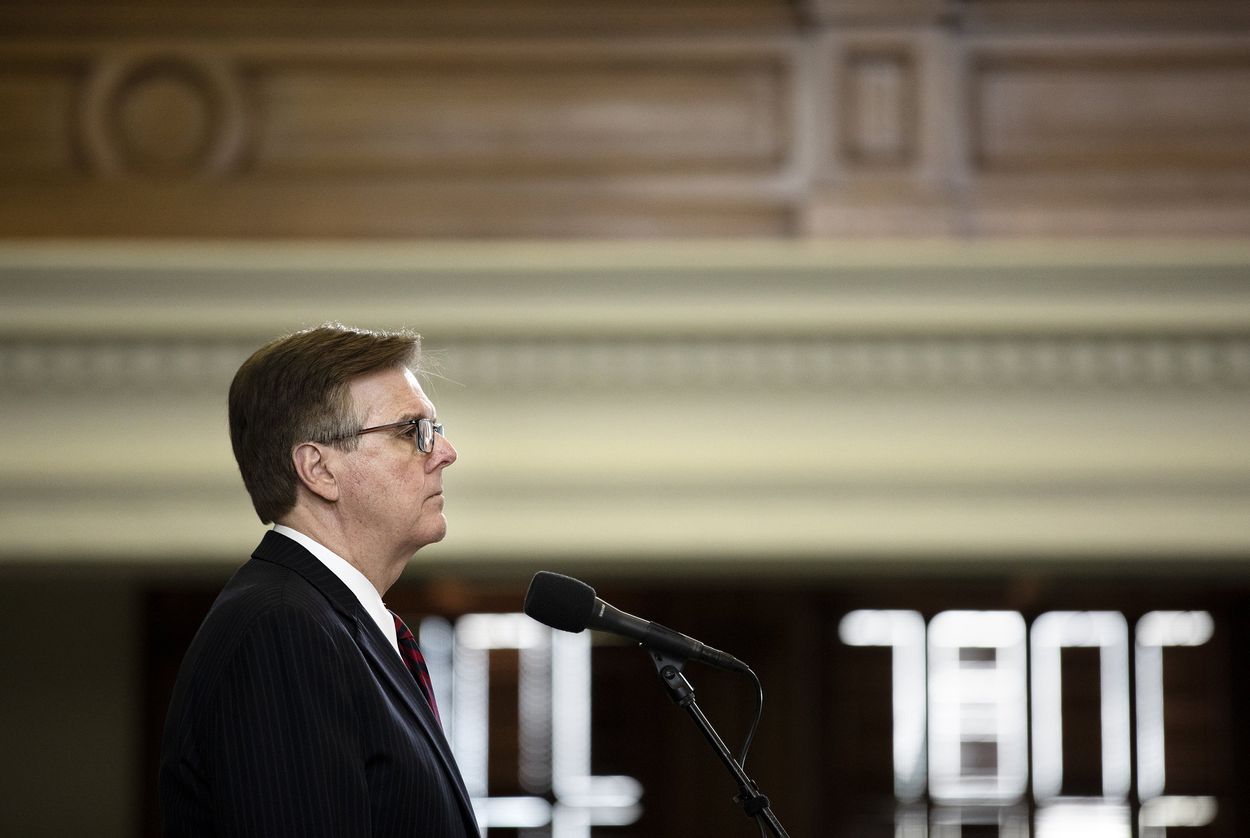
The Property Tax Reform Package Is Heading To Gov. Greg Abbott’s Desk
The bill aims to slow rising property tax revenues and make it easier for Texans to understand how their tax bills are determined. The House and Senate both approved it Saturday, and it is expected to soon be sent to Abbott for his signature.
A sweeping property tax reform bill that aims to slow rising property tax growth will soon head to Gov. Greg Abbott’s desk for approval, capping a yearslong effort to address a pocketbook issue that has animated Republican leaders and angered their voters.
If signed by the governor — who has proclaimed his support for it — the Texas Property Tax Reform and Transparency Act would require cities, counties and other taxing units to receive voter approval before levying 3.5% more property tax revenue than the previous year. Community colleges, hospital districts and units with the lowest rates — of 2.5 cents per $100 valuation, or less — must do so before surpassing 8% revenue growth.
Proponents have called Senate Bill 2 a landmark reform, pointing to a raft of changes the bill makes to demystify the property appraisal and tax processes.
“Texas taxpayers are frustrated by rising property taxes. They are often confused about the process and many are scared of losing their homes,” state Rep. Dustin Burrows, the House sponsor of the legislation and a Lubbock Republican, said in a statement.
The legislation, which is not designed to reduce tax bills, “sheds light on who is raising their taxes and by how much,” Burrows said. “It gives our taxpayers more control over the process.”
The measure would create an online database to show property owners how proposed rate changes would affect their bills and make it easy to comment on increases using an automatically generated online form. The database would also include information about when public hearings are held to set local tax rates.
But while the transparency provisions garnered broad support during the legislative session, which ends Monday, other portions of the measure drew heavy fire from both sides of the political spectrum. Democrats said it would hamper local governments’ ability to provide vital services, and hardline conservative activists said it was not aggressive enough in offering relief.
One of the most contentious points of the reform package was the requirement that most taxing units hold an election before raising 3.5% more property tax revenue than the previous year. Only property taxes levied on existing properties, not new developments, count toward the revenue growth calculation.
“We all agree that Texas homeowners deserve a break,” state Sen. José Rodríguez, D-El Paso, said on the Senate floor Saturday. “I still do not believe that tax cuts or trigger elections or, for that matter, whatever term you want to use, will work to meaningfully — meaningfully — decrease the amount of money that home-owning Texans are going to pay.”
State Sen. Kelly Hancock, R-North Richland Hills, who led negotiations over the bill, insisted all Texas taxpayers would be better off with the legislation’s passage.
Appraisers determine the value of an owner’s taxable property, a number that plays a key role in determining the amount of taxes the owner pays. But taxing units, including cities, community colleges and special purpose districts, levy the property taxes and set the local tax rate.






